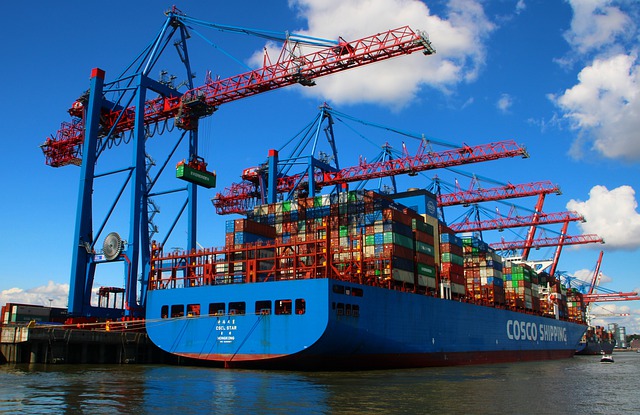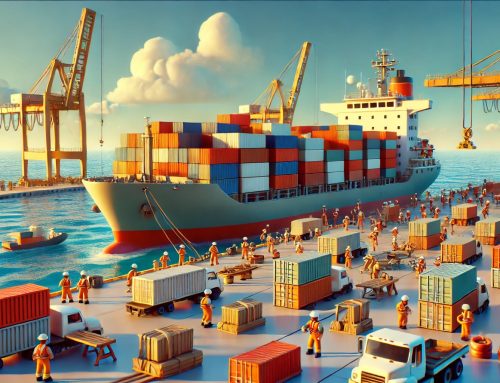August 3, 2023
The World Trade Statistical Review 2023 presents recent trends in international trade at a time of geopolitical and macroeconomic strains and technological challenges affecting the global economy and supply chains. The data cover merchandise and services trade broken down by geographical origin, main product groups and sectors, along with related data on key economic developments such as GDP growth, commodity prices, and exchange rate fluctuations.
Director-General Ngozi Okonjo-Iweala says in the foreword to the report: “As a succession of crises buffet the global economy, with the COVID-19 pandemic giving way to the war in Ukraine, inflation, monetary tightening, and widespread debt distress, world trade has lost momentum, with trade growth slowing in 2022 and remaining weak into early 2023. That said, global trade growth has remained positive, underscoring how trade has been a force for economic recovery and resilience. Nevertheless, numerous downside risks, from geopolitical tensions to potential financial instability, are clouding the medium-term outlook for both trade and overall output.”
The analytical chapters highlight trade trends in 2022, when world merchandise trade in volume terms rose by 2.7%, compared with 12.4% in value terms. This higher rate for trade value is largely due to price increases in primary commodities as a consequence of geopolitical tensions. Trade in commercial services outpaced merchandise trade, growing by 15%, notably led by digitally delivered services.
Source: World Trade Organization
Legal Notice: The information in this article is intended for information purposes only. It is not intended for professional information purposes specific to a person or an institution. Every institution has different requirements because of its own circumstances even though they bear a resemblance to each other. Consequently, it is your interest to consult on an expert before taking a decision based on information stated in this article and putting into practice. Neither Karen Audit nor related person or institutions are not responsible for any damages or losses that might occur in consequence of the use of the information in this article by private or formal, real or legal person and institutions.






